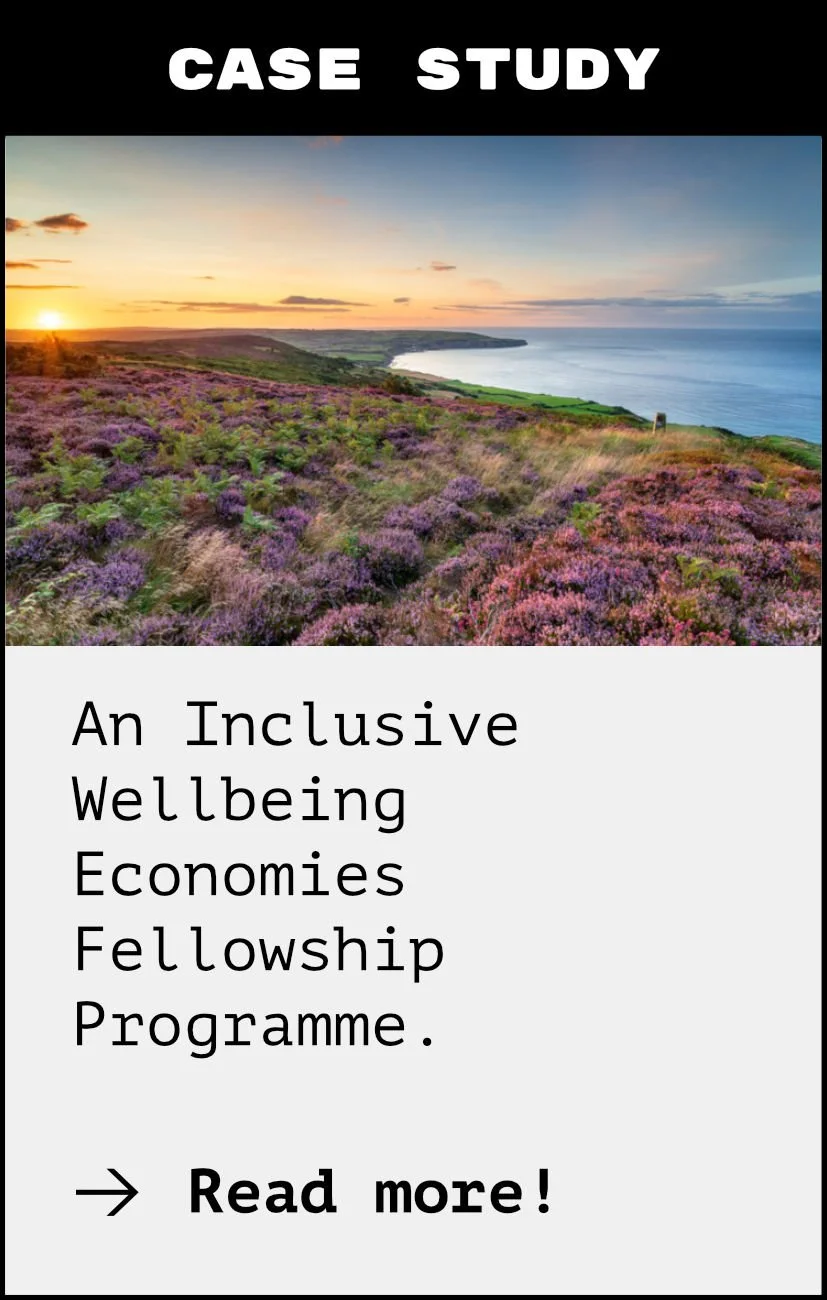Capacity building activities
Module 7 (Section 7.4) described how wellbeing economy approaches ask for new ways of working that policymakers may not be experienced with. Working towards wellbeing in a concerted way is a steep learning curve. It requires policy makers to understand the system rather than its component parts, to shift their attention to the root causes of the challenges we face, and to design policies in more participatory and collaborative ways.
Many wellbeing economy initiatives in government therefore include capacity building activities. These activities:
familiarise policymakers with local wellbeing goals
offer tools and guidance on how to incorporate these wellbeing goals into policy design and public decision-making
establish learning networks that bring policymakers from across departments together to share their experiences and co-create solutions to challenges they encounter
National and local levels
At national and local levels, several governments have developed capacity-building programmes to work with wellbeing economy approaches. For example:
In Bhutan, transformative leadership development is a central part of the work of their Gross National Happiness Centre.
In the Australian Capital Territory (ACT), the ACT government has developed an online toolkit (available on their intranet) and organises both general and tailored training sessions to familiarise policymakers with the ACT wellbeing framework and their Wellbeing Impact Assessment process.
In Wales, an independent Future Generations Commissioner supports the public bodies listed in the Well-being for Future Generations Act on their learning journey towards wellbeing, as well as holding them to account if needed (more on this in Section 8.4).
Global level
At the global level:
the Wellbeing Economy Policymakers Network provides a space for policymakers internationally to come together and share their learnings on applying wellbeing economy approaches. The network is open to policymakers from anywhere in the world, working at all different levels of government, so - if you're not a member already - come and join us!
The annual Global Donut Days offer online and in-person events, organised by members of the Doughnut Economics community from all around the world, focused on how to progress Doughnut Economics in practice. It comprises both a global online programme of talks, workshops, panel discussions, art, and celebration, alongside many local Donut festivals.
The OECD WISE Centre Knowledge Exchange Platform on Well-being is an 'in practice' repository of country wellbeing initiatives to provide examples of wellbeing measurement, tools and implementation, and the application of a wellbeing perspective to specific policy issues such as child wellbeing or mental health. The WISE Centre organises several Knowledge Exchange Workshops a year to foster peer learning.
Case Study
Learn more about how an Inclusive Wellbeing Economies Fellowship Programme drives progress in Yorkshire and the Humber in the UK.

